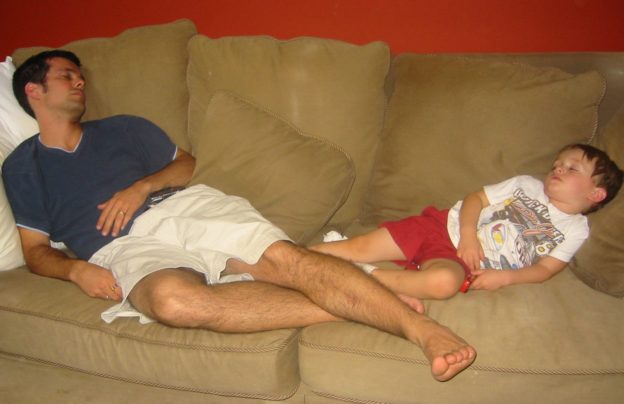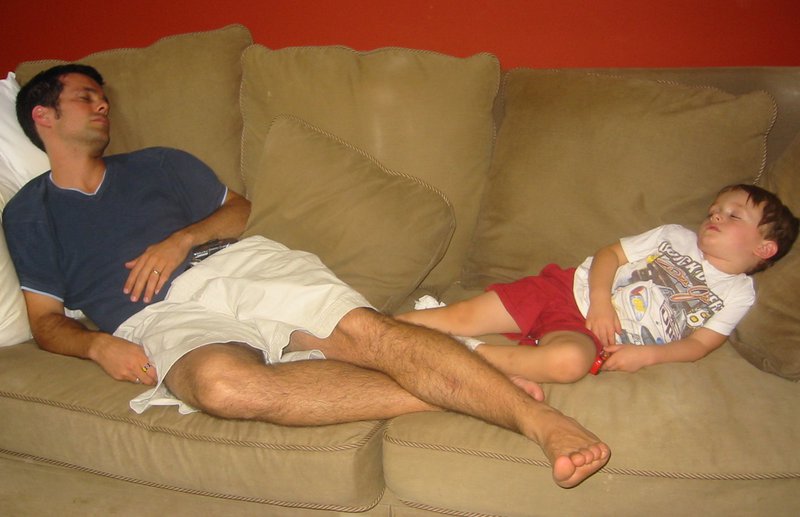This letter is part 3 of a series on coaching work that I've been doing with Kai Davis. If you haven't already, you may want to start with part 1 and part 2.
Shortly after I started my role as Product Manager at Moraware (about 8 months ago), I started another year of coaching with Kai. This year, we decided to break up the year into a series of 3-month chunks, each with a specific theme to help me be more productive – and each based on a specific book.
The first 3 months, we focused on the 12-week year. The summary is that 12 weeks is the perfect unit of time for strategic planning (a year is just too much and a month isn't quite enough). Since beginning that process with Kai, I have gone from being pretty bad at personal planning to quite good at it. Now I have a regular rhythm of planning on a daily, weekly, and 12-week year basis. I’ll definitely write more about the 12-week year soon.
The next 3 months or "12-week year," we focused on Start with Why and ONE Thing. This work helped me recognize how easily I get pulled in different directions and how to restore focus on my desired direction. This was surprisingly challenging for me, and I'm still discovering ways that I struggle here.
This 12-week year, I’m focused on adopting the practices prescribed in Deep Work. This has been all about structuring my day to support my best thinking and avoid multi-tasking. Again, I’m thrilled with the results. I find that I’m getting more rest, doing better work, and getting more work done. That’s pretty awesome.
Kai has been my secret weapon the last 2 years, but I don’t want to keep him a secret. I want everybody who's reaching for more in their career to consider getting a coach.
What to look for in a coach
Since I'm a big fan of coaching, it's probably not surprising that I also have strong opinions about what makes a good coach. I assume that there are personal preferences here, so the perfect coach for me might not be the perfect coach for you … but here are a couple of key qualities to consider.
In my opinion, the number one thing to look for in a coach is the ability to understand the way you communicate without you having to translate.
Whenever I say something to Kai, he always understands me, even if my thoughts are only partially formed. That’s the killer feature of a great coach. We're always reaching for the next thing when we work together – that's the whole point of coaching! We can go so much faster because Kai understands the way I think and the way I communicate.
The other important aspect of coaching is context. Generally speaking, Kai is familiar with the kinds of things I want to accomplish in my career. That doesn't mean he's a product manager – Kai's not on the same career path as I am – but he's worked with enough SaaS companies that he knows what a product manager is, and he understands very clearly the value I bring to my employer. It would be hard to work with someone who didn't understand my role.
More specifically, Kai knows me. Because we've been working together for a couple of years – and he knows quite specifically what I'm working on at any given time – I can send him a quick message on Slack and get a super helpful response – I don't have to keep establishing the context with him. That persistent personal context is a big advantage of working with a coach compared to asking a friend for help once in a while.
If you’re looking for a career or business coach, consider reaching out to Kai! His bread and better is helping freelance professionals, so if you describe yourself as a freelancer, you should definitely sign up for his mailing list and see if his ideas resonate with you. He also has some structured group programs that offer similar benefits to coaching but might be a better fit for you.
Thank you again, Kai, for all your help these last 2 years. You have made a significant impact on my life, and I will forever be grateful.

